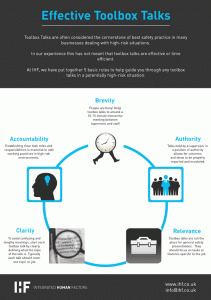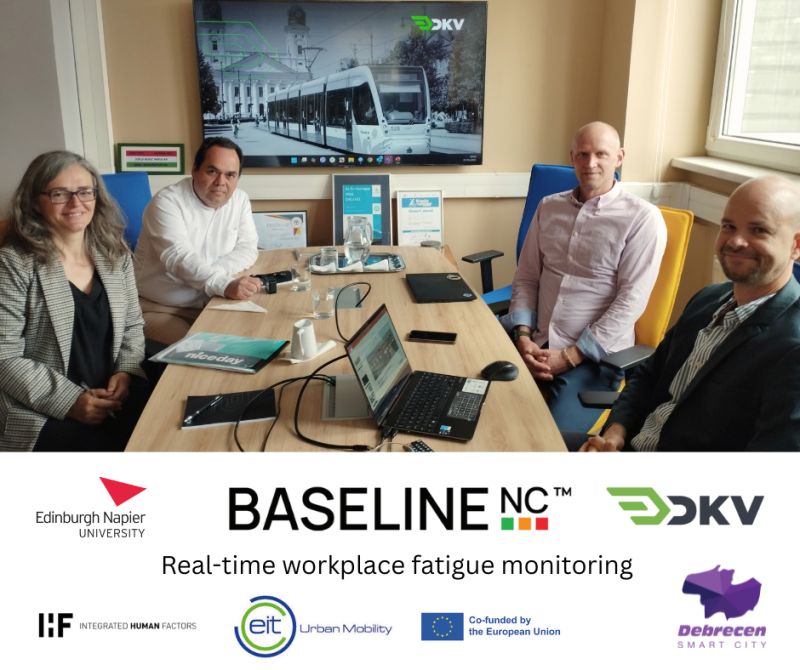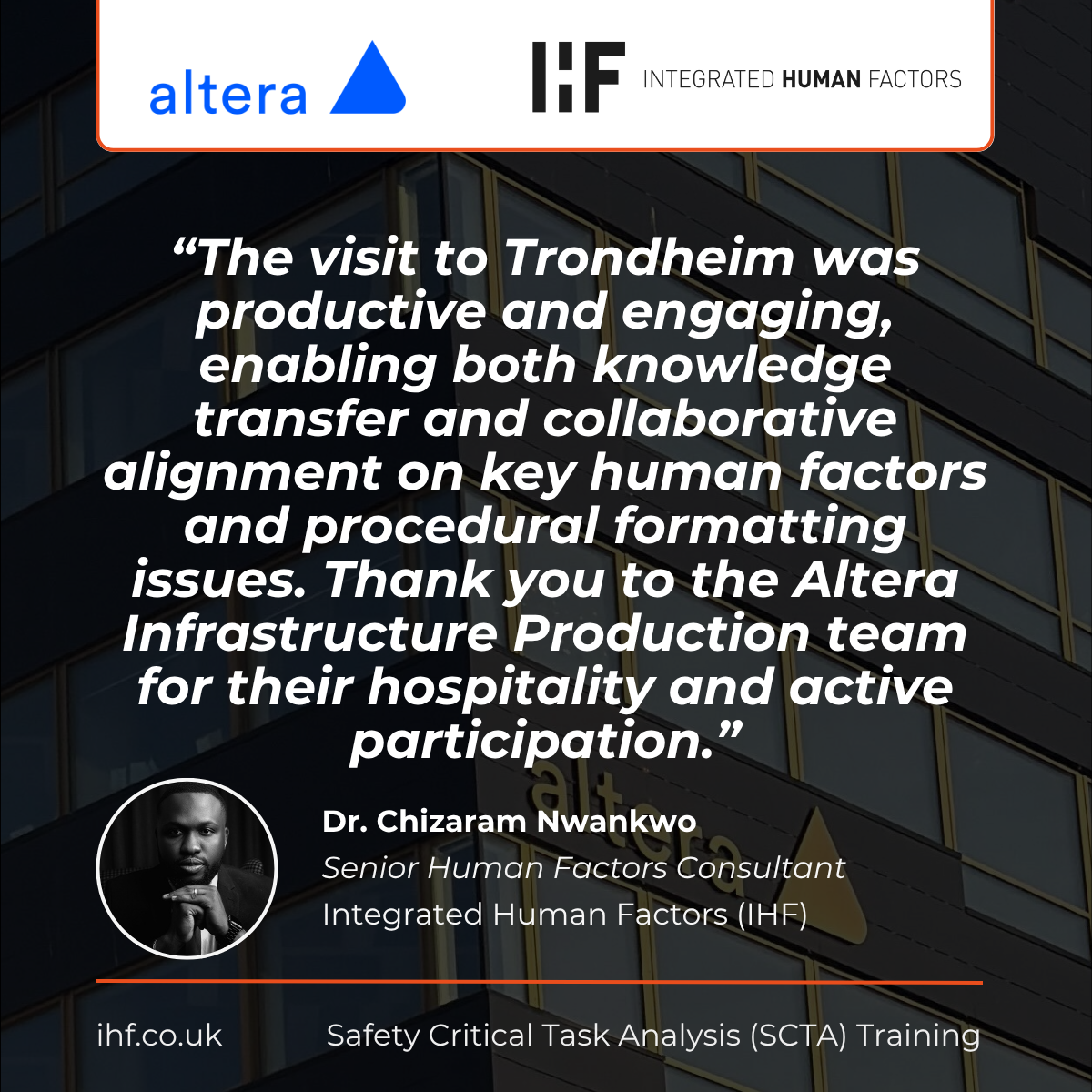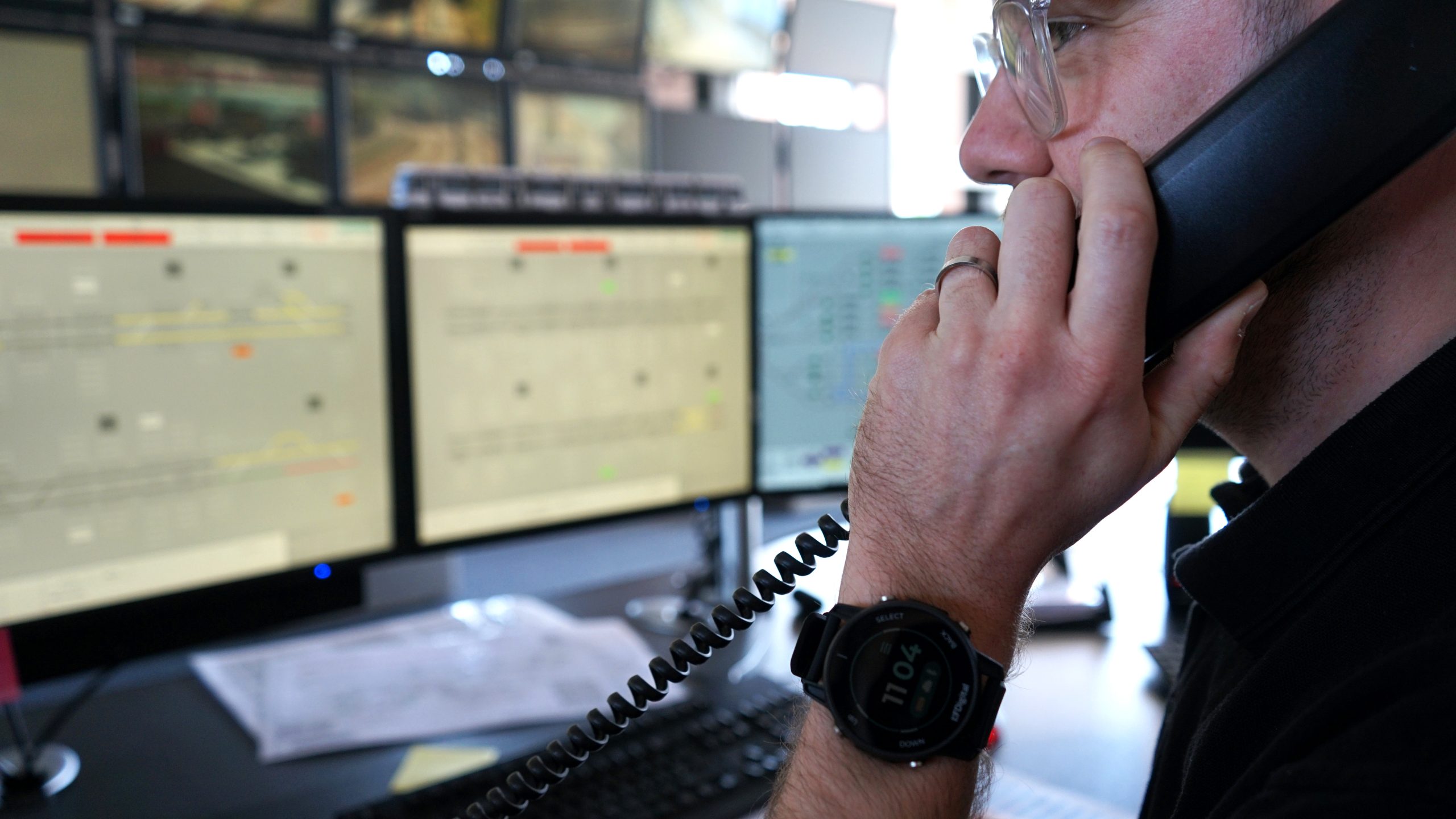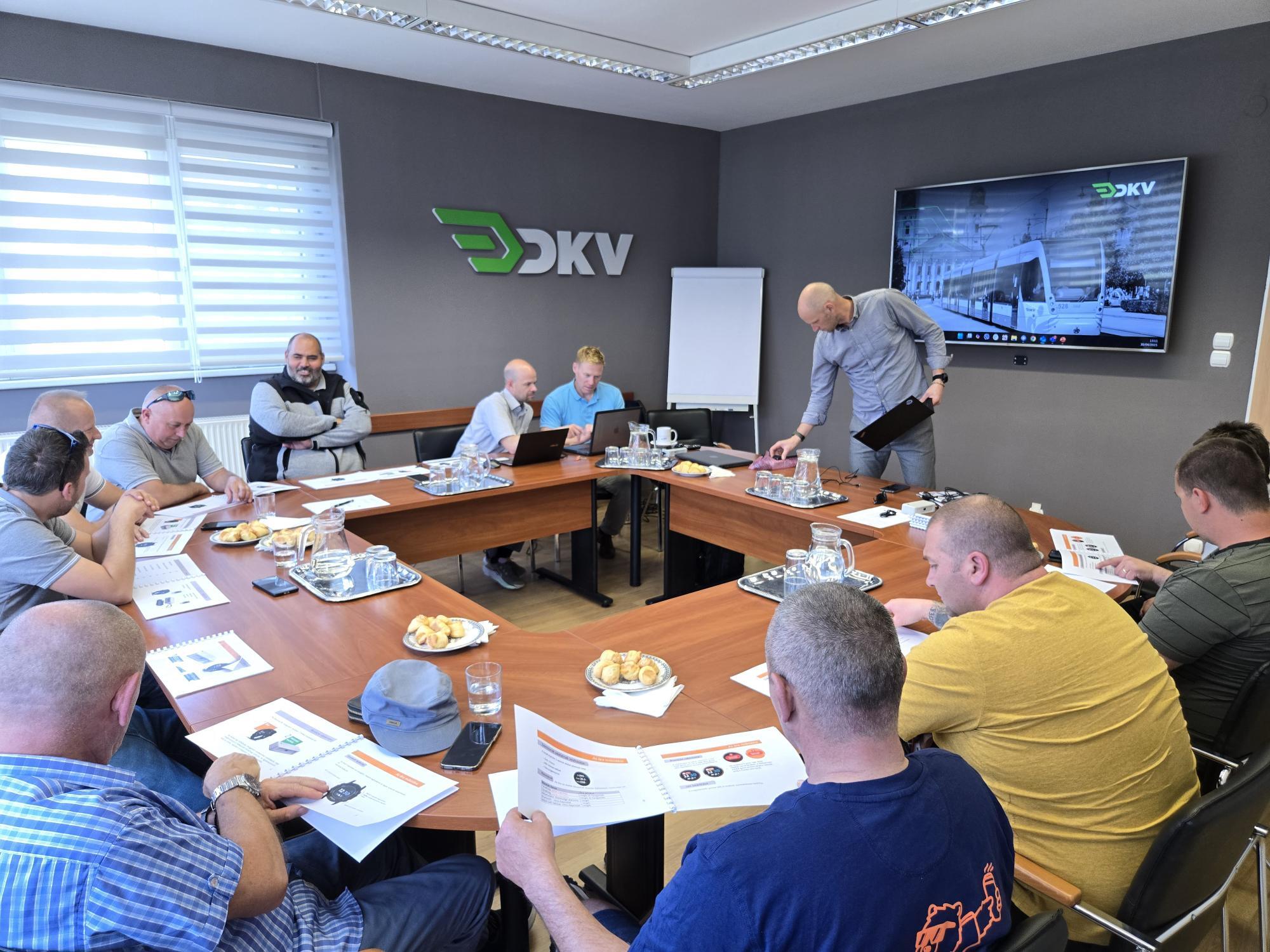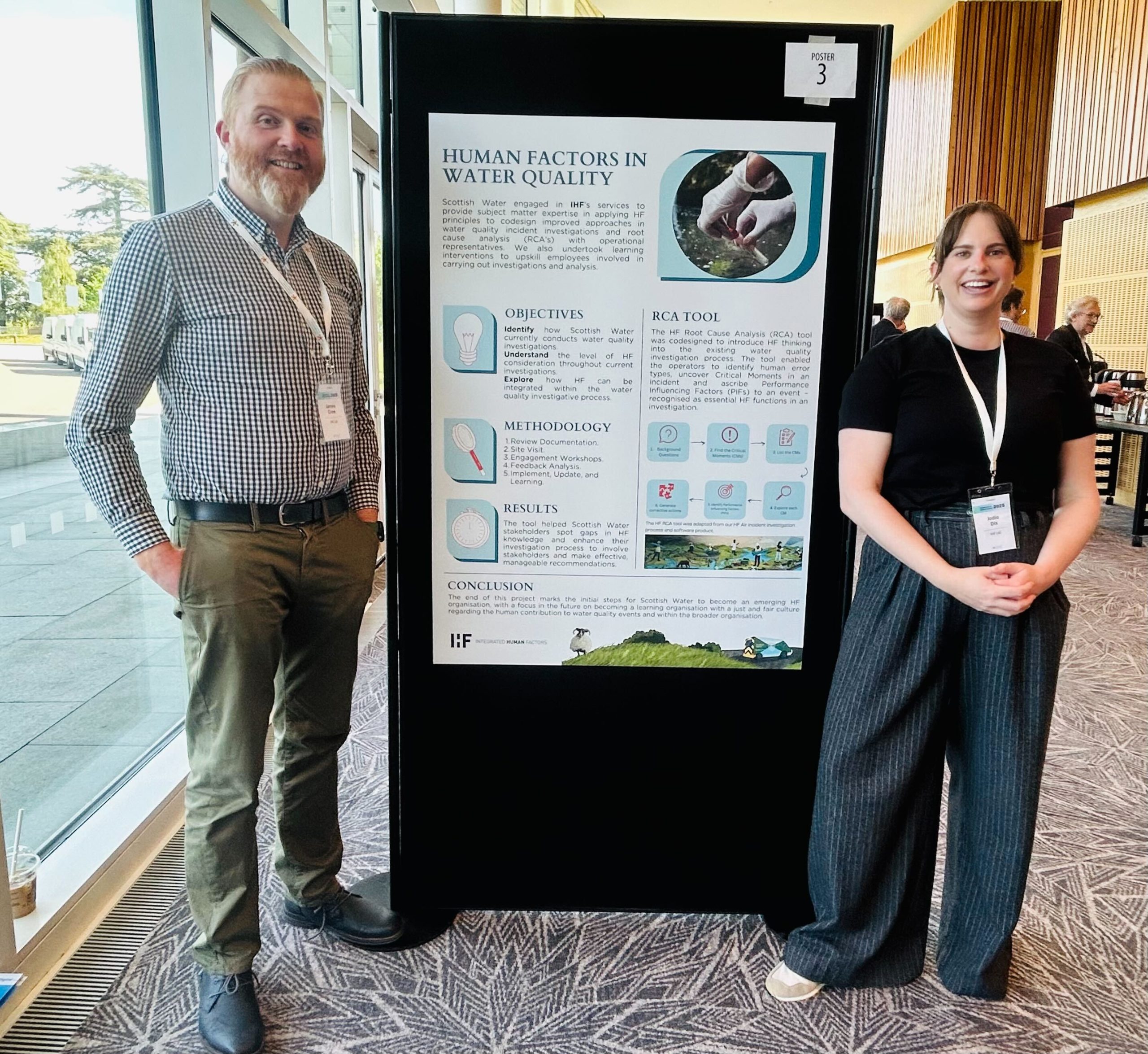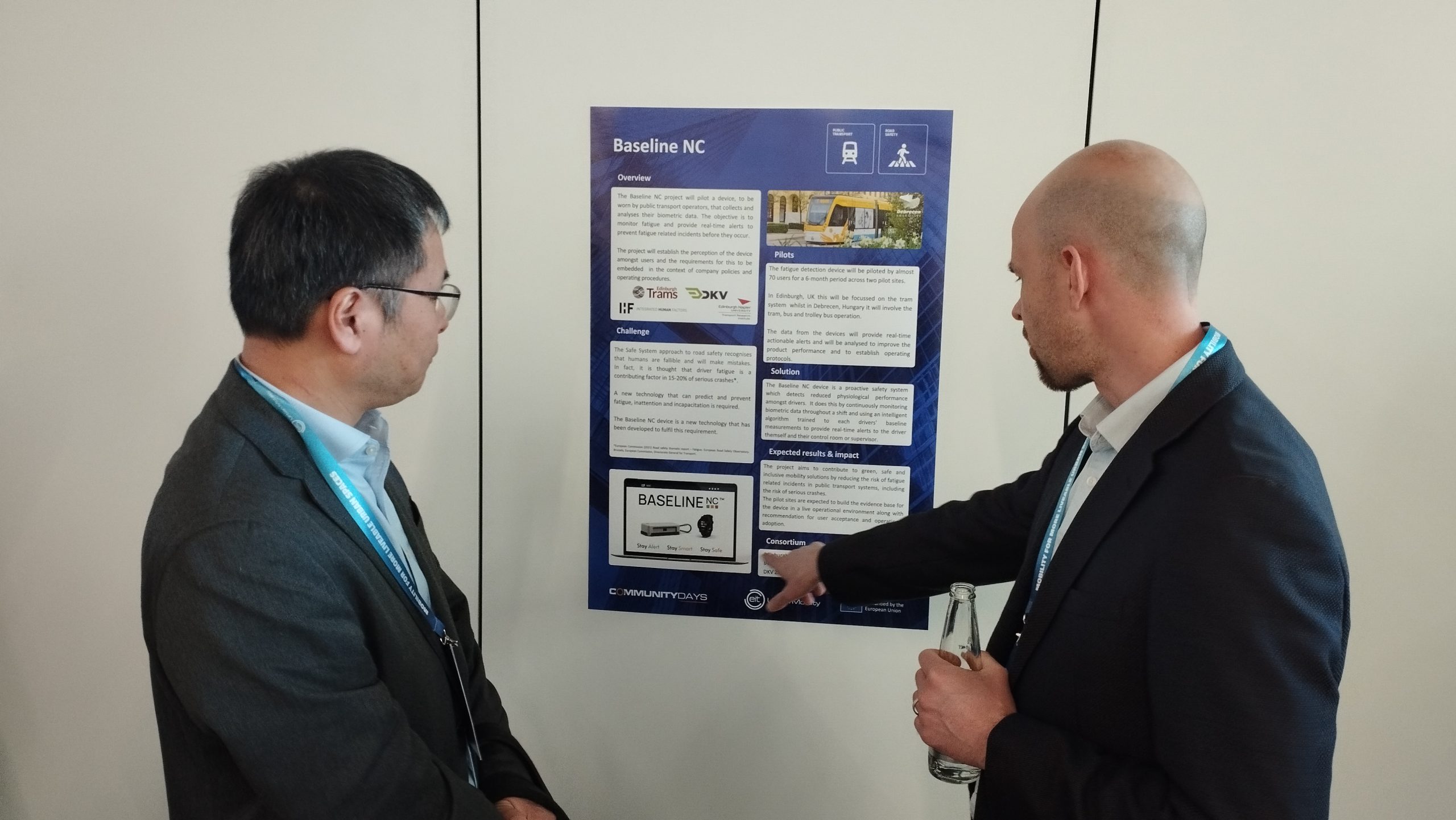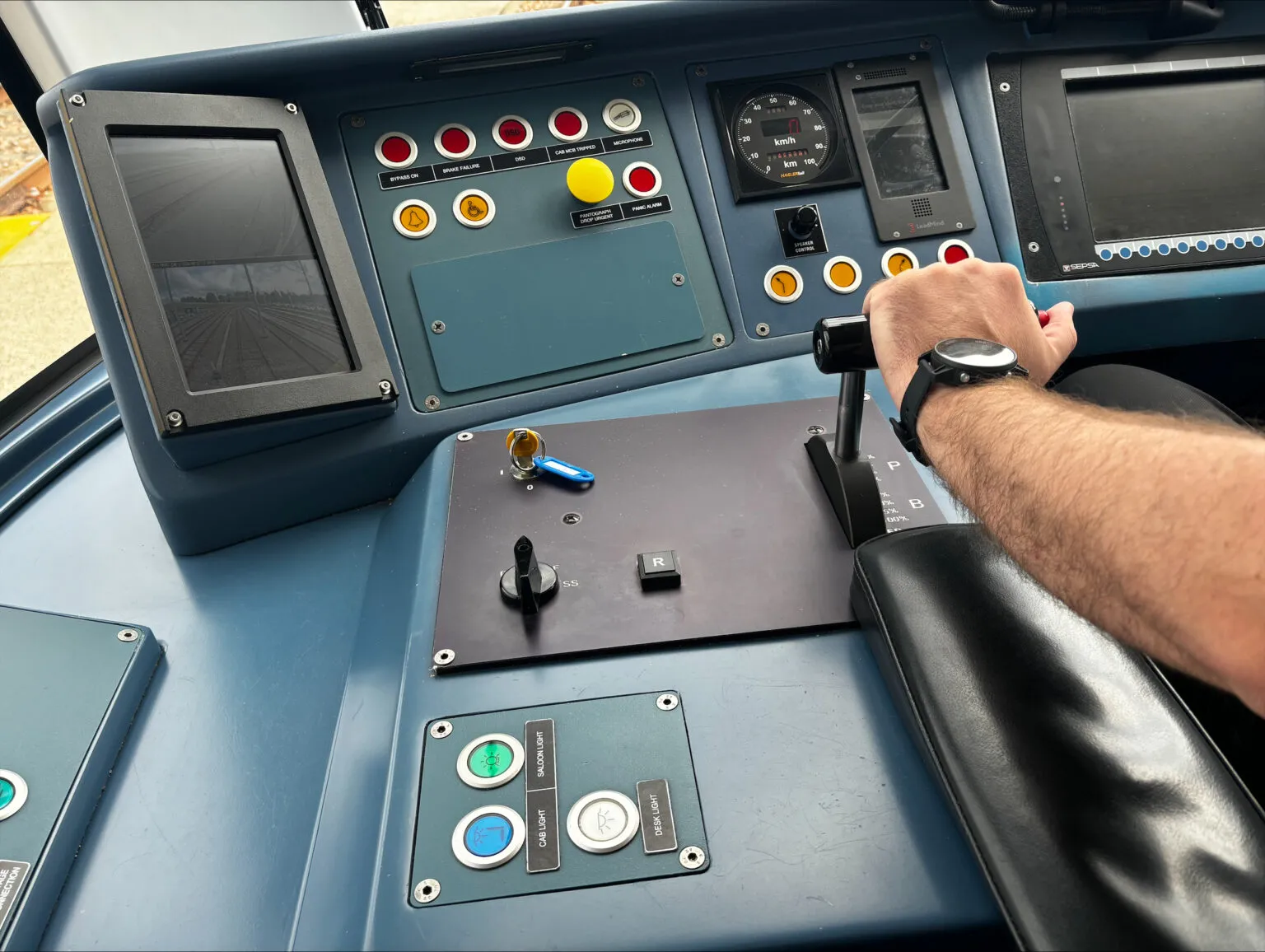What is a toolbox talk?
A toolbox talk is an informal team meeting held to address a health and safety issue. It can be about anything safety-related from a workplace hazard to a quick refresher on proper tool use. It may be used to highlight a particular worker’s conduct without calling him out; for example the crew supervisor (who runs the meeting) will remind ‘everyone’ to leave the guards in place when using dangerous tools.
Why are they useful?
Running a successful toolbox talks can save lives.
They’re considered best practice for a number of high-risk industries, including offshore energy and healthcare, to identify safety problems at an early stage. They encourage open dialogue and tackle safety issues in a fast and simple way. Employees also feel listened to, leading to improved job satisfaction.
From a regulatory standpoint, they help companies comply with the Occupational Safety and Health Administration (OSHA). This was put in place to ensure companies look out for their employees’ wellbeing.
The effectiveness of toolbox meetings is backed up by research. In one study, they were found to reduce workplace incidents by 82%, as opposed to monthly safety talks (Associated Builders and Contractors in 2020).
However, they’re not always carried out in the most effective manner. The idea is to keep them short and to the point, with clear actions at the end of the meeting. However, they often become talking shops and debates, without clear outcomes.
How to do them properly
Here are five fundamentals every toolbox talk should have.
Brevity
Safety in working environments such as oil rigs and hospitals is of paramount importance. However, that shouldn’t equate to toolbox talks taking hours to deliver. It’s advisable to hold smaller talks more regularly rather than overload people with information over a period of hours in just one session.
An effective toolbox talk should be around 10-15 minutes long and an interactive meeting between the supervisor and staff. While the detail of the talk is important, it’s also vital that everyone has their chance to air their views and feel like they’re being listened to.
Authority
While toolbox talks are meant to be informal, it’s critically important they’re conducted by someone in a position of authority. Occasional toolbox talks just held between staff doing the job could bypass a number of safety concerns as well as not being properly recorded or reported.
When toolbox talks are held regularly by a supervisor, it gives staff the chance to air their concerns and ideas and ensures these are reported further up the chain to management if necessary.
Relevance
Toolbox talks aren’t the place for general safety presentations. Toolbox talks should be held in the working environment rather than a formal training area and focus on specific tasks or procedures relevant to staff.
The language used should be what the staff understand and not ‘management speak’ that leaves any room for confusion or misunderstandings. For example, talking about safety-inspired changes to a particular procedure may fall on deaf ears if the team members actually already perform it in a different way from the official guidelines.
Clarity
At the start of a toolbox talk, it should be made clear what the topic is going to be. If these briefings are allowed to grow arms and legs, the result could be a confusing and lengthy meeting. When people aren’t engaged in toolbox talks, the safety of everyone in that environment can be put at risk.
Typically each toolbox talk will cover just one safety topic for discussion to keep things clear and simple for everyone. The way the information is delivered by the supervisor is another important consideration and any one to one discussions that need to take place should be done so away from the group.
Accountability
Every toolbox talk should be recorded by the supervisor or manager who’s given the talk. It’s important to have a clear and up-to-date record of what discussions have taken place in terms of operational safety. If no records are kept, different accounts of what was discussed could emerge in the event of an incident.
It’s also important to keep track of which staff were present at each toolbox talk, particularly in a shift working environment such as an oil rig. It only takes one member of a crew to miss out on an important safety briefing for potential safety issues to arise.
Summary
Remember BARCA – Brevity, Authority, Relevance, Clarity and Accountability to ensure your toolbox talks are effective and help keep everyone safe in the workplace.
We’ve created a poster which you can print and stick it on the wall:
Click on the image to view it:

